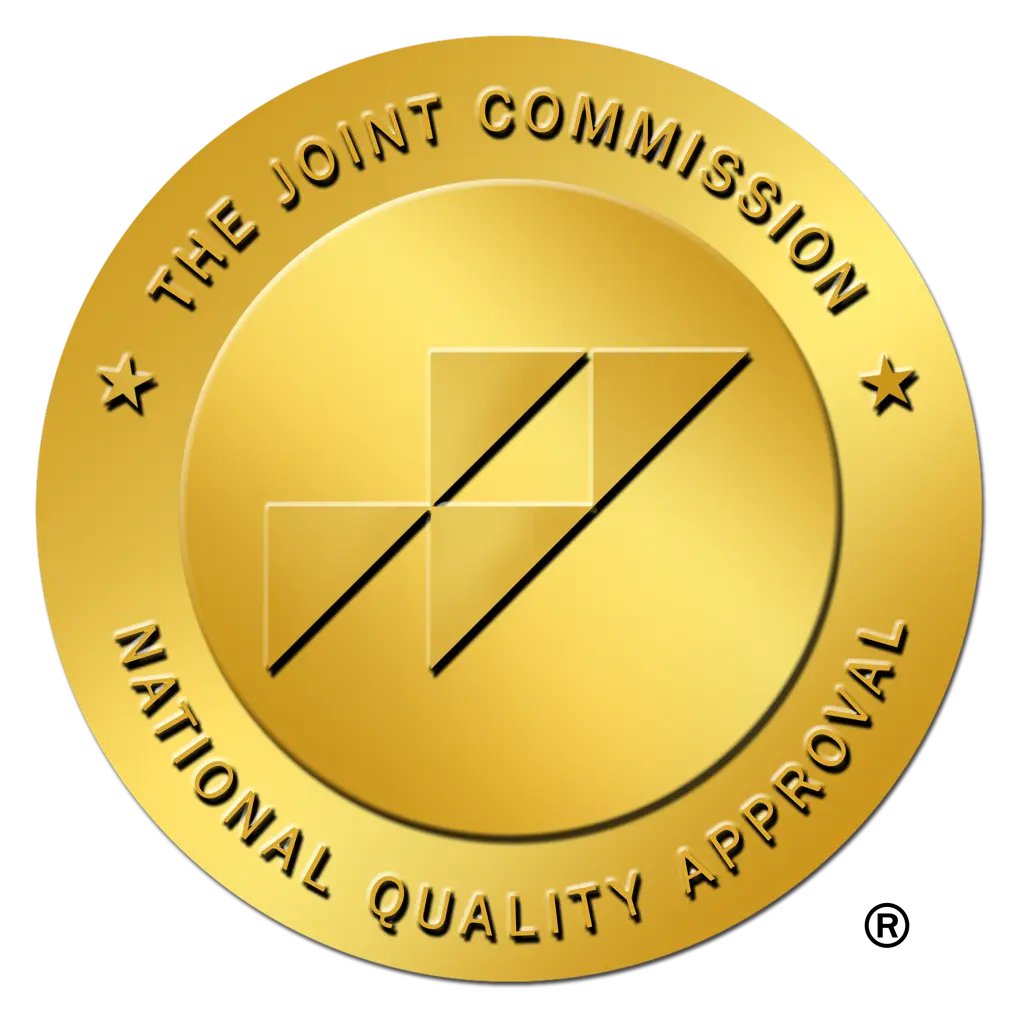Depression is one of the most common mental health issues. Sometimes people confuse depressive episodes or chronic sadness with clinical depression. According to StatPearls Publishing, “Major depressive disorder (MDD) has been ranked as the third cause of the burden of disease worldwide in 2008,” and it is “projected that this disease will rank first by 2030.” Alter San Diego Crisis Intervention uses comprehensive assessments to diagnose MDD or other depressive disorders and treats them using evidence-based methods, including talk therapy.
What Is Major Depressive Disorder?
Depression can affect all areas of a person’s life. According to the National Institute of Mental Health (NIMH), “Depression (also called major depressive disorder or clinical depression) is a common but serious mood disorder,” causing “severe symptoms that affect how you feel, think, and handle daily activities, such as sleeping, eating, or working.” The diagnostic criteria for MDD include the following:
- Depressed mood for most of the day, almost every day
- Disinterest in previously enjoyed activities
- An extreme change in weight and appetite
- Mentally and emotionally, slowing down or feeling restless
- Decreased energy and unusual exhaustion
- Feeling worthless, hopeless, helpless, or doomed most of the time
- Inability to focus
- Difficulty making decisions
- Suicidal ideation
To be diagnosed with MDD, a person must experience some or all of the criteria listed above for a minimum of two weeks. Alter San Diego Crisis Intervention uses the Diagnostic and Statistical Manual of Mental Disorders, 5th Edition (DSM-5), and other diagnostic tools to determine if clients have MDD or other depressive disorders.
The Most Common Depressive Disorders
Many depressive disorders exist, and some of them can co-occur with MDD. Some of the most common include:
- Seasonal affective disorder (SAD)
- Postpartum depression (PPD)
- Bipolar disorder (BD)
- Dysthymia
- Atypical depression
- Psychotic depression
You can work with the care team at Alter San Diego Crisis Intervention to identify if you have any co-occurring disorders. Our team will ensure you have the tools to cope with mental health crises caused by major depression or co-occurring depressive disorders.
How Is MDD Different From Depressive Episodes?
Many people confuse depressive episodes caused by chronic stress, mental health disorders, or physical illness with MDD. However, they have some significant differences. Depressive episodes often last for a much shorter period of time and result from preexisting mental and physical disorders. MDD symptoms can last for months or years, while less severe depression usually only lasts for days.
Recognizing the Signs of Depression and MDD
MDD shares symptoms and side effects with other disorders that feature depressive episodes. However, recognizing the signs of MDD can help you know when to seek professional assistance. Common symptoms include:
- Self-isolating from family and avoiding social situations with friends
- Chronic sadness
- Frequent crying episodes
- Irritability or mood swings
- Difficulty maintaining personal hygiene
- Unstable emotional state
- Difficulty maintaining motivation
- Chronic exhaustion
Depression looks different for everyone, and symptoms exist along a spectrum, making it more challenging to diagnose and treat compared to other disorders.
The Symptoms and Side Effects
Side effects of depression vary and often depend on the severity of the symptoms. Some people show typical signs of sadness during depressive episodes. In contrast, others may substitute those feelings for anger or other emotions they feel better able to cope with at the moment.
A few common signs of depression include:
- Oversleeping or not getting enough sleep
- Lack of motivation to complete tasks at work, school, or home
- Feeling less enthusiastic about previously enjoyed activities
- Fluctuations in energy and focus
- Changes in appetite and unusual weight gain or loss
Symptoms exist along a spectrum, and you may exhibit a few or all of the warning signs listed above. If you struggle with depressive episodes, early treatment is essential to avoid a potential mental health crisis.
How Is Major Depression Treated?
The most common treatments for major depression include:
- Psychotherapy
- Antidepressant medications
- Peer support
- Alternative holistic therapies
- Noninvasive brain stimulation (NBS)
A depression crisis can lead to suicidal ideation, self-harming, or risk-taking behaviors. You will collaborate with your care team to create management and prevention strategies.
The Importance of Continuing Care for Individuals With Depression
Depressive symptoms may return if you do not actively participate in aftercare. Many people experience relapse if they fail to maintain healthy routines and coping skills. Alter San Diego Crisis Intervention provides relapse prevention education and skill development to help clients feel more confident in their ability to remain healthy and emotionally stable during continuing care.
The following will help you establish and maintain a healthier lifestyle during aftercare:
- Attending self-help groups
- Remaining socially engaged and interacting with peers
- Managing medications
- Participating in individual therapy
You can overcome mental health crises and challenges in recovery by using the resources we provide. Alter San Diego Crisis Intervention can help you prepare for long-term recovery and give you the tools you need to thrive.
Depressive symptoms require treatment when they interfere with your ability to function or your quality of life. Major depressive disorder treatment in La Mesa, San Diego and California in general is often misdiagnosed as bipolar disorder or other mental health issues. However, MDD is a unique disorder that involves extreme hopelessness and an inability to maintain healthy routines. Early intervention, diagnosis, and treatment will provide you with the best possible outcome. The symptoms of depression often compound and worsen over time if left untreated. Alter San Diego Crisis Intervention uses personalized treatment programs to help clients feel safe and understood. You will have peer support, traditional talk therapy, and depression support groups San Diego to help you heal and recover. To learn more about our services, call us at (866) 986-1481.

